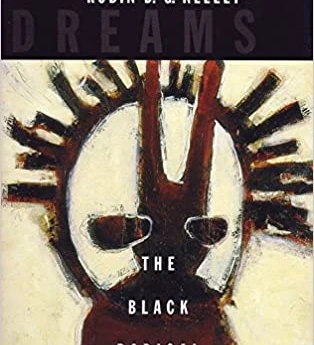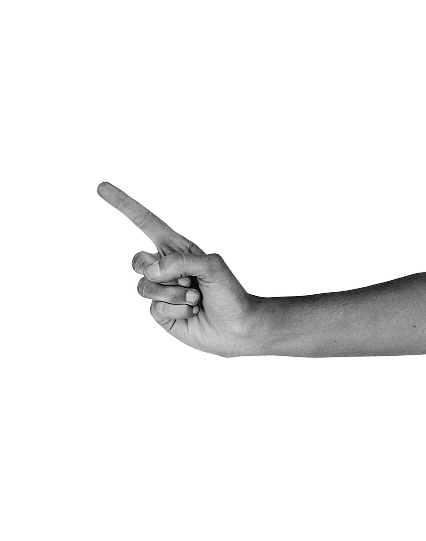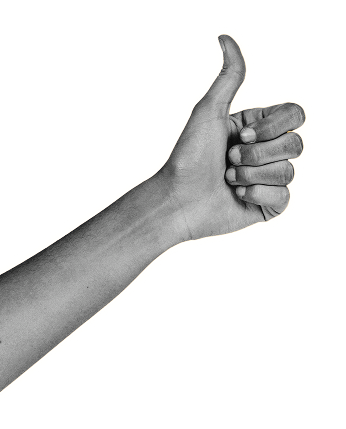
“But the dream of exodus still lives in those of us not satisfied with the world as we know it.”
There comes an age when society dictates to you, to leave your childish dreams and face reality. You come at cross roads, as to whether to pursue your dreams or be realistic. This book came to me at a crucial moment in my life, where I too was faced with this decision. Years ago, I remember discussing with a dear friend of mine, during one of our many hangouts, and I told her in detail how the world was not going to change, and there was no point in trying to fix it. I had previously complained for hours about the many ills we as black people, and humans in general, have to face in a hetero patriarchal capitalist racist world, and shared with her my dreams of what the world could be. However, I had concluded there was nothing to be done; the world was going to remain as it is. Her next words to me would forever haunt me, “If Martin Luther King never had a dream and decided the world was never going to change, do you think we would be where we are today?”
Cynicism today is at an all time high. It is everywhere, from popular culture to activism, grass root and online. Young people see limited opportunities to initiate change. A TikTok that went viral encapsulates young peoples limited scope in dreaming of a better tomorrow, “It is fuck capitalism, but my parents did not migrate all the way to America for me to be poor”. Interventions seem hopeless and social movements meaningless in the face of powerful world hegemonies. In our age of cynicism, the potential to imagine an alternative to the status quo is increasingly becoming difficult.
“Freedom and love may be the most revolutionary ideas available to us and yet intellectuals fail miserably to grapple with their political and analytical importance.”
Robin D.G. Kelley’s Freedom Dreams is a call for the expansion of revolutionary thinking, dreaming and envisioning. It is rooted in the firm belief that radical imagination is necessary for Black liberation. The basic question this book poses is “what type of society do we want to live in?” By focusing on the visions of activists from C. L. R. James to Aime Cesaire, and Malcolm X, Kelley argues that people do not join social movements or risk their lives because of misery, poverty and oppression. He reasons that the initiation for social change is “hope”. Freedom dreams reminds us that it is important to take note of the type of world people struggle for, and most importantly, that this tradition of thinking is rich in the black radical movement.
Robin Kelly presents hope for the future of social movements and challenges to hegemony. He writes of the hope that communism offered, the mindscape of surrealism, the transformative potentials of radical feminism and the four hundred year old dream of reparations for slavery and Jim Crow. He argues that when people come together voluntarily hoping to create their own vision of a better world, they begin wishing it to being with such ferocity, that they create an active path leading to it. He believes in this process instead of seeing ourselves as victims, we will begin to see ourselves as part of a continuing struggle of human beings, not only to survive but to evolve into more human, human beings.
My favorite chapter in Freedom dreams passionately discusses the philosophy and theory of surrealism, a living mutable creative version of a world where love, play, human dignity and an end to poverty and want become the pillars of freedom. Surrealism’s basic aim is to lessen and eventually resolve the contradictions between everyday life and our wildest dreams. Drawing similarities to the famous saying “The revolution shall not be televised”, Kelley passionately argues that human surrealism is more revolutionary that other formulations. He argues human freedom depends not only on the destruction and restructuring of the world’s economic system but on the restructuring of the mind. Freedom dreams reminds us that the failures of African American social movements do not and will never invalidate their dreams. “Struggle is par for the course when our dreams go into action, but unless we have the space to imagine a vision of what it means fully to realize our humanity, all the protests and demonstrations in the world will not bring about our liberation.”
Community.

